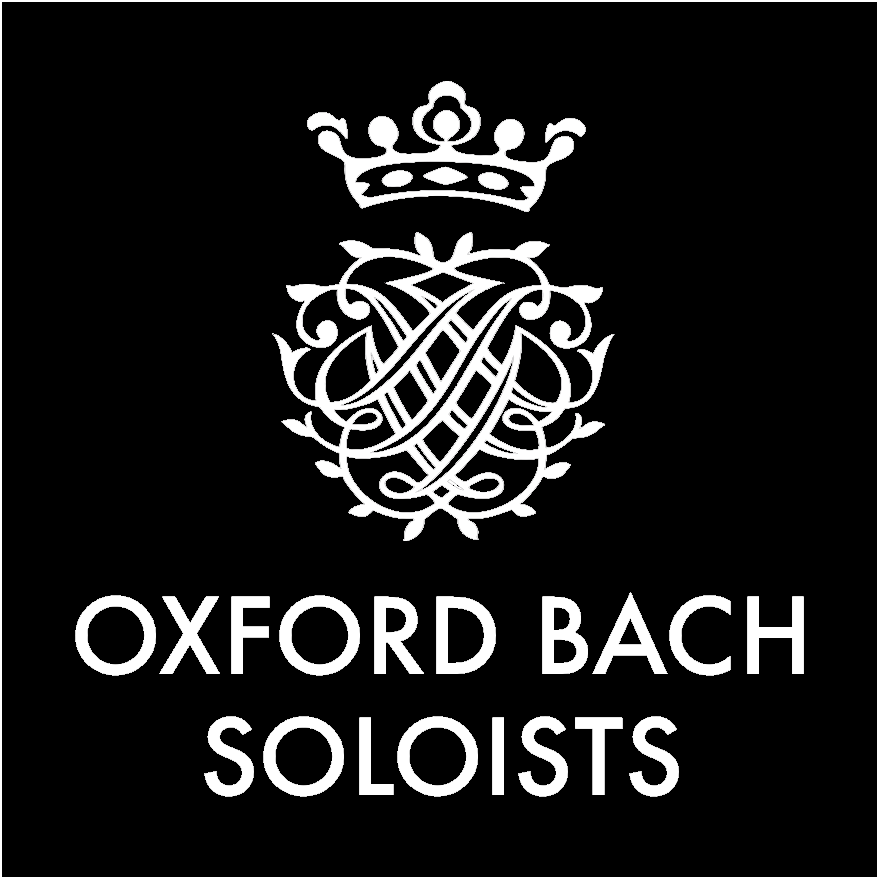In 1524 Martin Luther paraphrased Psalm 130 Aus tiefer Not schrei ich zu dir (Out of the depths, I have cried out to you) into a text which was to become the inspiration for many composers to write some great pieces of music in the Baroque age and afterwards including Bach, Mendelssohn and Reger.

Enchiridion geistlicher Gesänge 29
From the depths, I have cried out to you, O Lord;
Lord, hear my voice. Let your ears be attentive to the voice of my supplication.
If you, Lord, were to mark iniquities, who, O Lord, shall stand?
For with you is forgiveness; and because of your law, I stood by you, Lord.
My soul has stood by his word.
My soul has hoped in the Lord.
From the morning watch, even until night, let Israel hope in the Lord.
For with the Lord there is mercy, and with him is plenteous redemption.
And he will redeem Israel from all his iniquities.
The psalm was frequently set as in the Latin ‘De profundis’ as part of musical settings for the Requiem. As a lament or Penitential Psalm it has been used in liturgical prayers for the faithful departed in the Western liturgical tradition.
With its metaphor of misery and anguish, the challenge for any composer is to create a work which is ultimately uplifting and embraces the Lord’s mercy and redemption.

Young Bach
JS Bach wrote his church cantata setting whilst in Mülhausen in 1707 probably as the result of a commission for a special occasion. One of his earliest cantatas, the stylistic influences of Bach’s musical forebears is clear; and the structure and characteristics of both the whole work and individual movements are markedly different from those produced by the more mature Bach.

CPE Bach
Formerly attributed to JS Bach, CPE Bach’s Chorale Prelude is a work of some substance making imaginative use of a limited colour-palette. Consisting of two sections – a straightforward harmonisation of the chorale followed by a subdued but ethereal meditation on the melody. The work perfectly captures the despairing petition of the psalmist, but which never quite removes all hope.

Henry Purcell
The English composer Henry Purcell’s five-part choral anthem Remember not, Lord, our offences was composed around 1679–82 when Purcell was Organist and Master of the Choristers at Westminster Abbey. Thomas Cranmer’s text was derived from two medieval Sarum rite litanies and Martin Luther’s German Litany. Purcell’s approach is typically understated; motivically frugal with a very real sense of corporate petition.

Henrich Schutz
Heinrich Schütz is one the most important C17 German composers before JS Bach. For double choir, his setting of Luther’s text takes us to a different sound-world from much of the rest of the programme. The text is set with closer attention to the aural characteristics of the words themselves. Combined with Schütz’s unmistakable harmonic writing the result is particularly exciting.
Marc-Antoine Charpentier, one of the most prolific and versatile composers of the French Baroque set the text in Latin with De Profundis. A work conceived for a great state occasion – the funeral ceremonies of Marie- Thérèse, Louis XIV’s Queen – Charpentier exploits the tension between a penitential and mournful text and the expectations of a work written for a significant event.
Out of the Depths
New College Chapel
Holywell Street Oxford, OX1 3BN
16 July at 3.15pm
PROGRAMME
Schütz Aus der Tiefe rufe ich, Herr, zu dir, SWV 25
Purcell Remember not, Lord, our offences, Z 50
Charpentier De profundis, H. 189
CPE Bach Aus der Tiefe rufe ich, Herr, zu dir,
(formally attributed to JS Bach BWV 745)
JS Bach Aus der Tiefe rufe ich, Herr, zu dir, BWV 131
Tickets are now on sale for Out of the Depths. Join us on 16 July for this terrific concert in the beautiful chapel of New College, Oxford.


